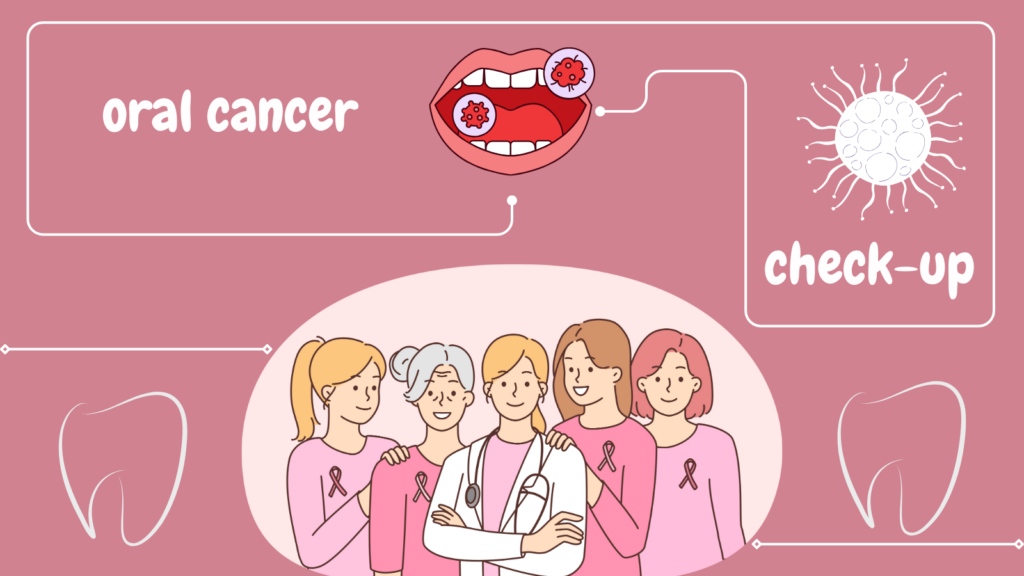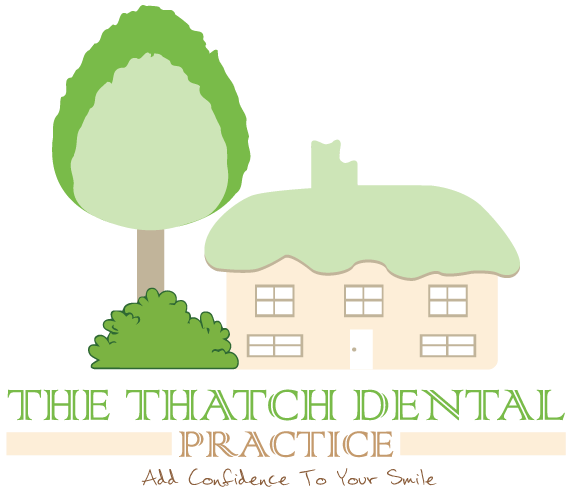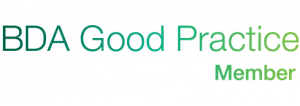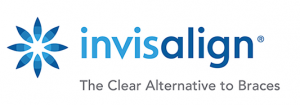
Let's See
Mouth cancer — The rising risk of mouth cancer
Oral cavity cancer is a significant and increasing health challenge worldwide. In fact, in 2020, more than 377,700 new cases of oral cancer were reported worldwide, according to the World Health Organization (WHO). The disease claims many lives due to late diagnosis and hygiene habits. Oral cancer is highly preventable — unlike several other cancers — but most people wait to address the risk factors that put them at risk until they’re already in the throes of illness.
The biggest challenge? The first symptoms appear in the early stage of the disease, but many people do not notice them, and when they go to see a doctor, the disease is already in an advanced stage. Treatments such as surgery, chemotherapy, and radiation are painful and also affect a person’s ability to eat, speak, and even keeps him or her more self-confident.
Agitate: Why You Should Care
Now, let’s go with a real, life example: A 45-year-old man called John who they all know is a NON smoker, and drinks moderately, and has ignored a small ulcer on his tongue for months. It was because he had accidentally bitten his cheek. When he eventually went to a dentist, he was found to have stage 3 squamous cell carcinoma — a type of oral cancer that is common in men. He underwent intensive treatment that involved removing part of his jawbone. His speech and ability to eat were permanently impaired.
Now imagine if John had simply taken a couple of simple preventative steps how differently his world could have been. The reality is that oral cancer has no bias. Even non-smokers, even non-drinkers, even younger people are at risk.’ Other risk factors include not only tobacco and alcohol, but HPV (human papillomavirus), long-term exposure to the sun, poor diet and long-term irritation.
So, what can you do to safeguard yourself? That answer is early intervention and lifestyle changes.
Solution: Tried and Tested Ways to Avoid Mouth Cancer
Quit Tobacco in All Forms
Fact: One of the biggest risk factors for oral cancer is tobacco use — including cigarettes, cigars, chewing tobacco and snuff — which is responsible for about 90 percent of oral cancer in men and 60 percent in women. The products in tobacco harm your mouth cells so they get susceptible to cancerous changes.
Action Plan:
Participate in a quit-smoking program.
Use nicotine replacement therapies as required.
Consider counseling or supportive groups.
If you use chewing tobacco, replace it with healthy alternatives such as sugar-free gum.
Minimize Your Alcohol Intake
Fact: A sevenfold increase in oral cancer risk for people who drink more than 3 alcoholic drinks/day. Alcohol dries out the mouth, allowing carcinogens easier access to the tissue.
Action Plan:
Drink in moderation: one drink a day for women, two for men.
Choose non-alcoholic drinks at parties.
Drink plenty of water and don’t binge on alcohol.
Get Vaccinated Against HPV
Fact: The number of cases from HPV-related oral cancers has dramatically risen, especially among younger adults without a history of tobacco or alcohol consumption. The strain HPV-16 is one of the main offenders.
Action Plan:
Get the HPV vaccine (recommended age 9 to 45).
Learn about safe sexual practices (also called safer sex).
Make sure you’re going into the dentist every so often to keep an eye on any suspicious growths.
How to: Protect Your Lips from the Sun
Fact: UV exposure over time raises your chances of getting lip cancer, and this is more common in people who work under the sun.
Action Plan:
Use lip balms SPF 30 or above
Wear wide-brimmed hats in outdoor settings.
Stay in the shade as much as possible and avoid the sun from 10 AM – 4 PM.
Maintain Good Oral Hygiene
Fact: Bad dental hygiene can result in chronic inflammation which can cause cancer.
Action Plan:
Two times a day, brush your teeth with fluoride toothpaste.
Brush and floss daily to clear plaque between teeth and down to the gum line.
See your dentist at least twice a year for exams and cleanings.
Watch out for poorly fitting dentures or rough edges on teeth that can cause chronic irritation.
Eat a Cancer-Fighting Diet
A diet high in fruits and vegetables is associated with a 40% reduced risk of oral cancer.
Action Plan:
Consume foods rich in antioxidants (like berries, leafy greens, and citrus).
Eat crucifers like broccoli and cauliflower, which are packed with cancer-fighting compounds.
Limit all processed foods that season with preservatives and additives.
Know the Red Flags
This means: Early detection can increase chance of survival to 80-90%
Action Plan:
Watch for persistent mouth sores that don’t heal in two weeks.
Avoid red or white spots on your gums, tongue, or cheeks.
Pay attention to any sudden but unexplained pain, numbness or difficulty swallowing.
If you have hoarseness or chronic throat irritation, see a doctor right away.
Make Appointments for Oral Cancer Screenings Regularly
Did you know: Dentists are able to catch 84% of oral cancer cases early in routine screenings.
Action Plan:
Get an oral cancer screening at least once a year by your dentist.
If you have risk factors (smoking, alcohol use, HPV exposure), get screened more often.
Avoiding Chronic Irritating in the Mouth
True: The constant irritation by sharp teeth or ill-fitting dentures and habitual biting of the cheek increase the chances of getting abnormally growing cells.
Action Plan:
Get dental appliances adjusted if they rub.
Wear a mouth tray if you tend to grind your teeth.
Get treated for any chronic lesions or abrasions in your mouth.
Conclusion: You Can Protect Yourself
Mouth cancer is preventable, but only if you act now. You shouldn’t have to overhaul your lifestyle overnight — little, gradual changes will safeguard your health over time. So give up smoking, cut down on drinking, keep your teeth clean, eat healthily, and go to the doctor regularly.
Remember John’s story? Don’t let that be your fate. Stay ahead of the game, stay informed, and take charge of your health.
Your health is up to you, get to it!








